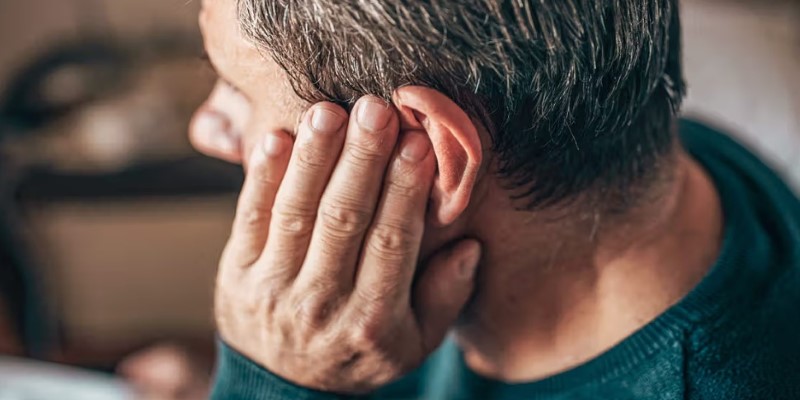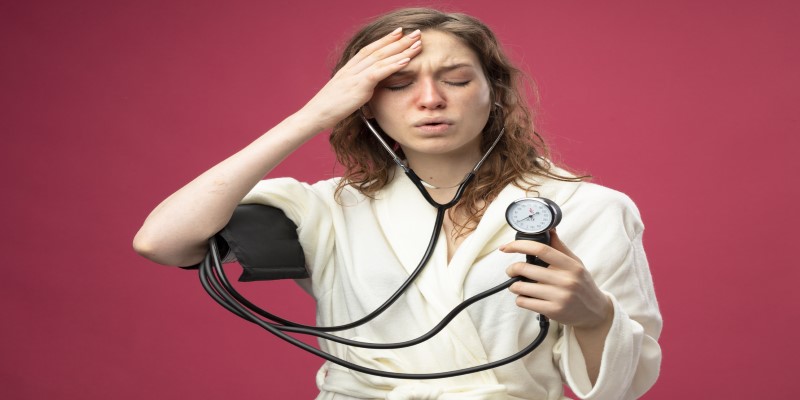Migraines are not just painful headaches; they can disrupt your entire life. While medications and lifestyle changes help, psychotherapy for migraine relief is becoming more recognized for addressing the mental side of this physical ailment. Many migraine sufferers also experience anxiety, depression, and stress, all of which can make migraines worse.
Psychotherapy steps in by not only treating the emotional strain caused by migraines but also by helping to reduce the frequency and severity of the attacks. Lets explore how psychotherapy can be a beneficial tool in the management of migraines, highlighting techniques and their mental health impact.
Psychotherapy, often referred to as talk therapy, is a form of treatment that focuses on mental and emotional health. It is a collaborative effort between the patient and the therapist aimed at helping the individual understand and manage mental health issues.
There are many forms of psychotherapy, including cognitive-behavioral therapy (CBT), mindfulness-based therapies, and stress management techniques, each offering different approaches to dealing with both the psychological and physical components of migraines.
Psychotherapy isnt a one-size-fits-all treatment. Its tailored to each persons needs, which is why it can be highly effective in treating chronic conditions like migraines, where stress and emotional well-being play significant roles.
This article will dive into how therapy can play a role in coping with migraines and help you regain some control over your life.
Cognitive-behavioral therapy (CBT) is one of the most well-known and widely used forms of psychotherapy for migraine relief. It focuses on identifying negative thought patterns that contribute to stress and other mental health issues. For people with migraines, this therapy can be crucial. The connection between stress and migraines is well-documented, and CBT helps individuals become aware of how their thoughts might be making their migraines worse. By shifting those thoughts, patients often report fewer and less severe migraine attacks.
For example, many migraine sufferers fall into a cycle of anxiety about when the next attack might come. This anticipation creates stress, which can trigger migraines. CBT helps break this cycle by teaching patients how to manage their thoughts and reduce stress.
Mindfulness and relaxation are other critical aspects of psychotherapy for migraine management. Mindfulness encourages patients to focus on the present moment, reducing anxiety about future attacks. These techniques aim to create a sense of calm, allowing the body and mind to reset. Stress often plays a key role in the frequency and intensity of migraines, so being able to relax deeply can help reduce the chances of experiencing an attack.

Relaxation techniques can vary, but they often include deep breathing exercises, progressive muscle relaxation, and guided imagery. When practiced regularly, they help train the body to respond more calmly to stress. Many people with migraines find that these techniques help them feel more in control of their symptoms and reduce the impact of external stressors on their health.
One of the primary triggers for migraines is stress. When the body is under stress, it releases certain chemicals that can lead to inflammation and blood vessel changes in the brain, which may trigger migraines. Learning to manage stress through psychotherapy can be a powerful tool for those who suffer from frequent migraine attacks.
In psychotherapy, stress management is addressed through various techniques, such as learning how to set boundaries, improve time management, and develop better communication skills. For migraine sufferers, reducing stress isn't just about feeling better emotionallyit's about reducing the physical strain that contributes to their condition.
Its common for people with chronic migraines to also experience anxiety and depression. The unpredictability of migraines can lead to feelings of helplessness, while the physical pain itself can drain emotional reserves, leading to depression. Psychotherapy addresses these co-occurring conditions by providing patients with coping mechanisms to handle both the migraines and the emotional fallout.
In some cases, untreated anxiety and depression can worsen migraine symptoms, creating a vicious cycle. Psychotherapy breaks this cycle by focusing on the individuals mental health, teaching them ways to manage their mood and, as a result, their migraines.
Group therapy is another form of psychotherapy that can be beneficial for migraine sufferers. In a group setting, individuals with migraines can share their experiences, learn from each other, and receive emotional support. This shared experience can be incredibly empowering and reduce feelings of isolation, which are common in those who deal with chronic pain.
Group therapy also offers the opportunity to learn new strategies for managing migraines by hearing what has worked for others. The group's collective knowledge and support can be an important resource in managing the condition.
One key benefit of psychotherapy is that its effects can be long-lasting. Unlike medication, which typically provides temporary relief, psychotherapy helps patients develop skills that they can use for a lifetime. Whether it's learning how to manage stress, practicing mindfulness, or developing healthier thinking patterns, these tools have the potential to improve both mental and physical health in the long run.
For migraine sufferers, the long-term benefits of psychotherapy may include fewer migraine attacks, less severe symptoms, and an overall improvement in quality of life. As they become more adept at managing their mental health, many patients report feeling more in control of their migraines, even when they do occur.
While psychotherapy is a powerful tool for managing migraines, it is often most effective when used in combination with other treatments. This might include medication, dietary changes, regular exercise, or lifestyle adjustments. Many migraine sufferers find that a holistic approach that addresses both the mind and body is the most effective way to manage their symptoms.
Therapists often collaborate with other healthcare providers to ensure that patients receive comprehensive care. By addressing the psychological and emotional components of migraines alongside the physical, psychotherapy offers a more well-rounded approach to treatment.
Psychotherapy for migraines offers a unique way to treat not only the physical symptoms of the condition but also the emotional and mental struggles that come with it. By addressing stress, anxiety, depression, and negative thought patterns, therapy can significantly reduce the frequency and severity of migraines.
While it may not replace traditional medical treatments, psychotherapy can be a vital part of a broader, holistic approach to managing migraines, helping sufferers lead a more balanced and pain-free life.

By Darnell Malan/Oct 10, 2024

By Triston Martin/Sep 27, 2024

By Vicky Louisa/Oct 08, 2024

By Juliana Daniel/Oct 16, 2024

By Sean William/Oct 16, 2024

By Mason Garvey/Sep 27, 2024

By Elena Davis/Sep 27, 2024

By Susan Kelly/Oct 08, 2024

By Korin Kashtan/Sep 20, 2024

By Madison Evans/Sep 20, 2024

By Madison Evans/Oct 24, 2024

By Madison Evans/Oct 15, 2024